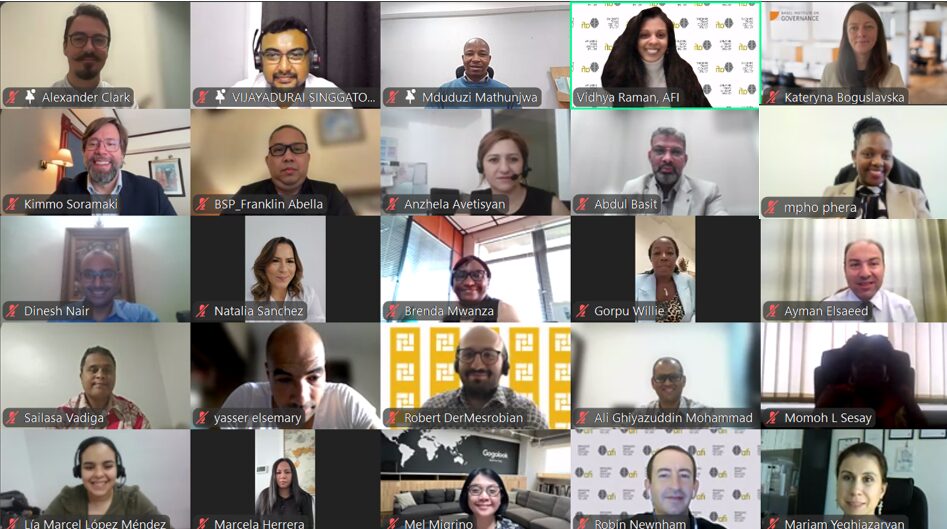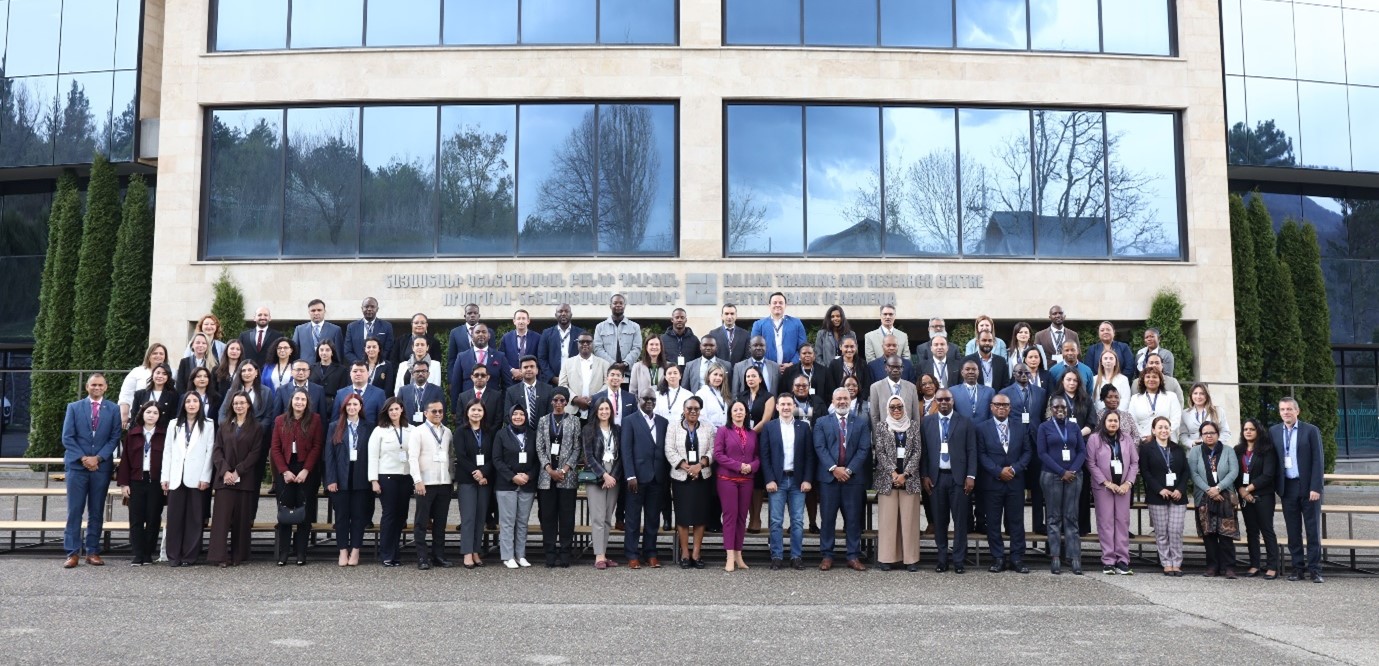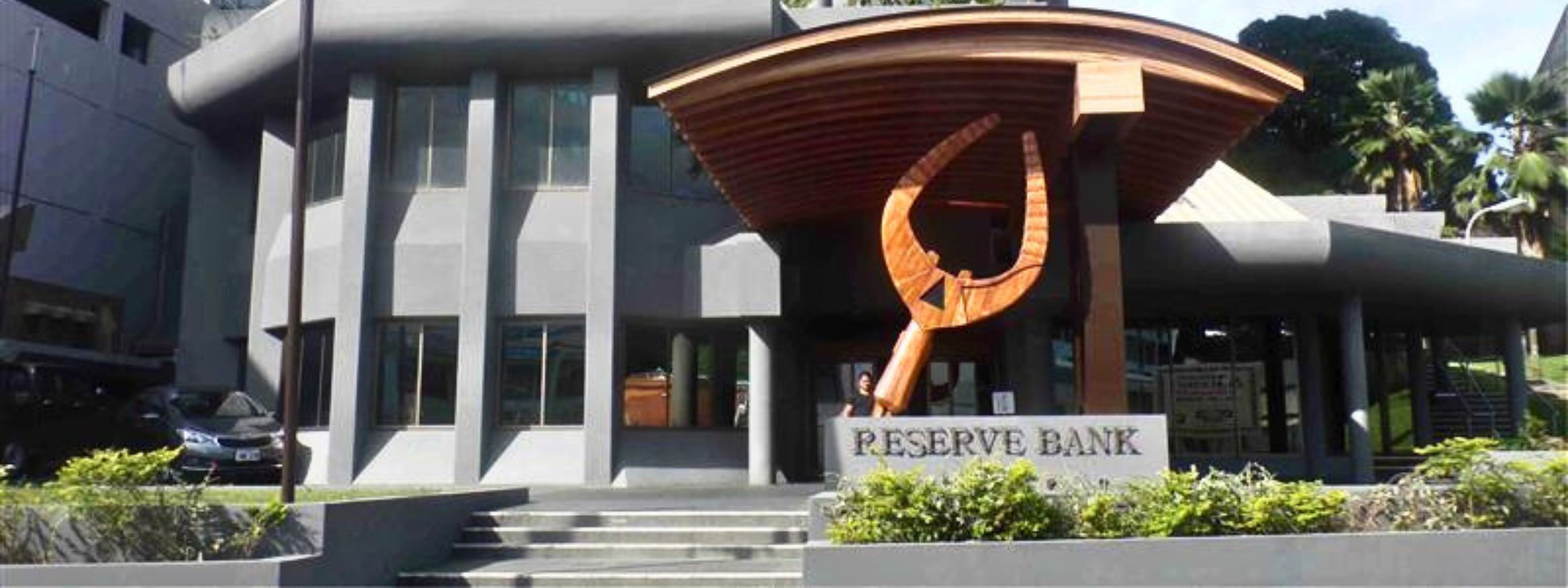The adoption of appropriate global standards for financial stability and integrity is of great importance to ensure that financial inclusion is pursued in tandem with safe and sound financial systems.
Standard-setting bodies recognize that the implementation of global standards should be proportionate, risk-based and without unintended consequences for the promotion of financial inclusion. Nonetheless, achieving proportionality at the national level can be challenging for a variety of reasons. These include:
Standard-setting bodies recognize that the implementation of global standards should be proportionate, risk-based and without unintended consequences for the promotion of financial inclusion. Nonetheless, achieving proportionality at the national level can be challenging for a variety of reasons. These include:
AFI’s Global Standards Proportionality Working Group (GSPWG)
GSPWG is a platform that provides technical support to developing and emerging country policymakers to implement global standards for financial stability (e.g. the Basel Framework) and financial integrity (e.g. Financial Action Task Force [FATF] 40 Recommendations) proportionately and without unintended negative consequences for financial inclusion.
The working group supports AFI’s Global Standards and Policy Committee with respect to strategic engagements with global standard-setting bodies and leverages on AFI’s partnership with the FATF-Style Regional Bodies and the International Association of Deposit Insurers.
Members also exchange information on the opportunities and risks associated with new technologies, such as digital identity innovations, regulatory technology solutions, and the growing use of virtual assets, which could potentially impact the effectiveness of global standards and regulatory compliance.
The working group has four thematic subgroups and one taskforce:
The working group supports AFI’s Global Standards and Policy Committee with respect to strategic engagements with global standard-setting bodies and leverages on AFI’s partnership with the FATF-Style Regional Bodies and the International Association of Deposit Insurers.
Members also exchange information on the opportunities and risks associated with new technologies, such as digital identity innovations, regulatory technology solutions, and the growing use of virtual assets, which could potentially impact the effectiveness of global standards and regulatory compliance.
The working group has four thematic subgroups and one taskforce:
0
Member
Institutions
Institutions
0
Countries
0
Policy changes
0
Knowledge products
Chairs & Focal points

Chair
Manuel Rodriguez, Superintendencia de Bancos de la República Dominicana

Co-Chair I & Gender Focal Point Lead
Mariama Sillah, Central Bank of Gambia

Co-Chair II
Hamdan Al Abed,
Palestine Monetary Authority
Palestine Monetary Authority
Objectives
Member Institutions
Subgroups & Planned Activities
Maya Declarations
GSPWG & Gender
GSPWG News & Publications















